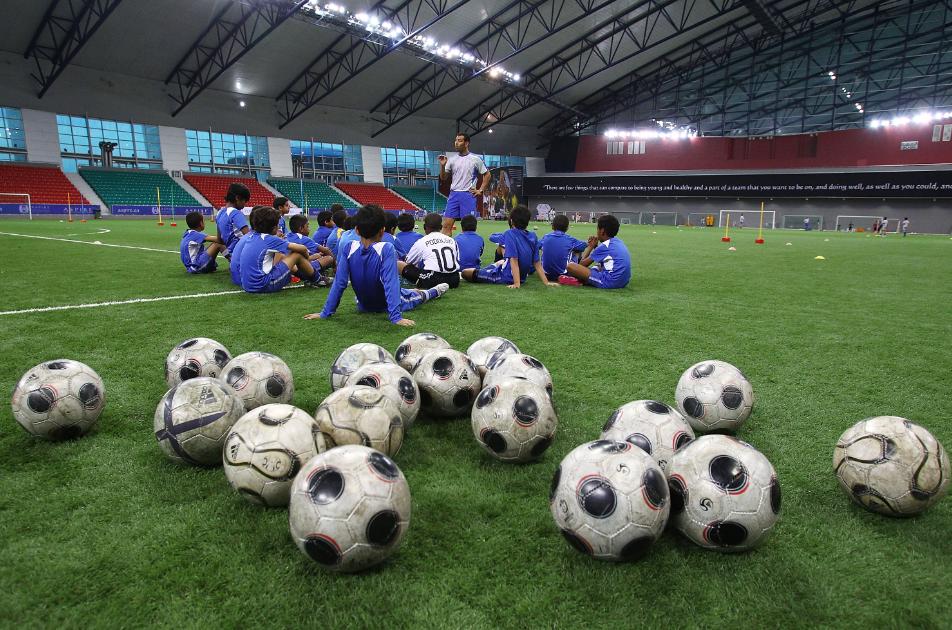Enrolling your child in a soccer academy at their high school can be a transformative experience, shaping not only their athletic abilities but also their overall character. These programmes provide students with more than just an opportunity to play a sport—they offer a comprehensive approach to developing physical, mental, and social skills.
Here’s how a soccer academy in high schools can help nurture your child’s athletic skills and beyond:
1. Enhanced Physical Fitness and Coordination
One of the most immediate benefits of joining a soccer academy is the improvement in physical fitness. Regular training sessions focus on building strength, speed, agility, and endurance. Through drills and exercises designed to enhance coordination and balance, students develop a strong athletic foundation. This physical conditioning is crucial not just for soccer but also for overall health and wellbeing, encouraging lifelong fitness habits.
2. Technical Soccer Skills Development
Soccer academies place a strong emphasis on developing technical skills such as dribbling, passing, shooting, and defending. Through guided practice and individual feedback from experienced coaches, students can refine their techniques and gain confidence in their abilities. This dedicated skill development helps students perform better on the field and prepares those with a passion for the sport to pursue soccer at higher competitive levels.
3. Strategic Thinking and Game Intelligence
Playing soccer is not just about physical prowess; it also requires sharp strategic thinking and the ability to read the game. A high school soccer academy teaches students how to analyse situations quickly, make smart decisions under pressure, and anticipate the movements of opponents. These cognitive skills are valuable on the pitch and translate into improved problem-solving abilities in academic and everyday contexts.
4. Teamwork and Leadership Skills
Soccer is inherently a team sport, requiring players to communicate effectively and work together towards a common goal. Participation in a soccer academy fosters a sense of camaraderie and teaches students how to be both supportive team members and effective leaders. Leadership skills are developed as students are often given roles and responsibilities on the team, such as captaining a match or leading a training drill, helping them learn to motivate and guide their peers.
5. Discipline and Time Management
Balancing academics and athletics requires discipline and excellent time management skills. A soccer academy instills these qualities by demanding commitment to both training and schoolwork. Students learn to manage their time efficiently, prioritising their responsibilities, and set goals. This discipline extends beyond the field and is a critical life skill that benefits them in their future academic and professional pursuits.
Enrolling in a soccer academy within a high school setting offers comprehensive development of athletic skills, strategic thinking, teamwork, and discipline. These programmes not only enhance students’ performance on the field but also equip them with valuable skills that will serve them throughout their lives.

